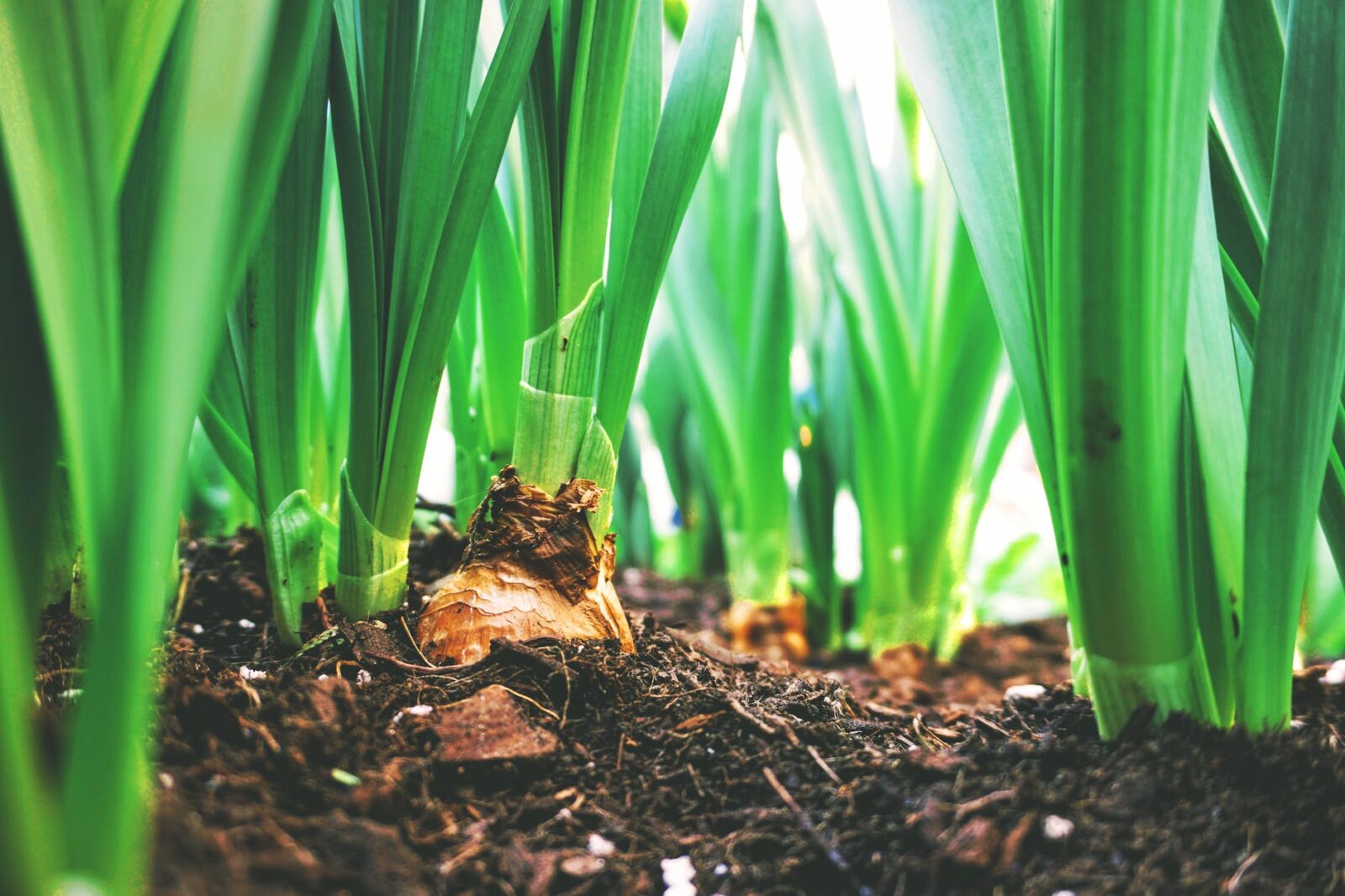A Call for Climate-Resilient Agriculture: Rethinking the Role of GMOs in Africa

The Africa Climate Summit 2023 came at a time when different African countries and people are facing gross impacts of climate change. Many countries in Africa have experienced disastrous calamities ranging from floods, drought, hunger and rising water levels among others. Recently, through our organization, I interacted with a remarkable group of women who stand at the forefront of environmental, climate and human rights advocacy. The interaction occurred during a meeting organized by the Oil Refinery Residents Association in partnership with Nature Talk Africa. It brought together 40 grassroots women from different villages in Kabaale and Buseruka sub-counties of Hoima district, Uganda.
The Africa Climate Summit 2023 was an important event where our leaders convened to discuss critical issues relating to driving Green Growth and Climate Finance Solutions for Africa and the World at large. The Chair of the Committee His Excellency William Ruto stated that, “Climate action is not a Global North issue or a Global South issue. It is our collective challenge, and it affects all of us. We need to come together to find common, global solutions.” I strongly concur with the sentiment that climate change is a global crisis, and it demands shared responsibility. The devastating impacts of climate change are hitting us hard, particularly in African rural communities that are predominantly agricultural farmers.
While it is true that various African states have formulated policies, laws, and commitments regarding climate change, including the integration of climate justice principles, there is still a prevailing sense among grassroots communities that our leaders have not done enough to combat these calamities. Consequently, there is an urgent call for radical approaches to shield African people and future generations from the current climate crisis.
As the Heads of state and different stakeholders convened to discuss important issues relating to climate justice, I hoped they would consider the concerns of grassroots communities, which are key to attaining sustainable and inclusive development. Grassroots communities are concerned about the increased use and promotion of genetically modified organisms (GMOs) in Africa. For example, Uganda, with its agricultural backbone, grapples with numerous challenges in managing these invasive species, which demand substantial capital investments in the form of fertilizers, herbicides, pesticides, and others. The rural communities believe that a boost in a rich diversity of indigenous plants and animals can do better as they are resistant to harsh climatic fluctuations.
The meeting further illuminated how climate variability has disrupted traditional planting seasons, resulting in diminished yields for farmers. The introduction of fast-growing genetically modified organisms has exacerbated this issue, as these invasive species are ill-suited to cope with climatic fluctuations, pests, and diseases. Moreover, the financial burden imposed by purchasing expensive inputs such as chemicals, fertilizers, pesticides, herbicides, processed feeds, and vaccines has further hampered small-scale agricultural activities.
Additionally, over 85% of grassroots communities rely heavily on rain-fed agriculture. Unfortunately, these invasive GMOs are unsuitable for local environmental conditions, necessitating costly irrigation as an alternative. What was initially introduced to enhance agricultural productivity and food security has now placed a significant strain on communities’ finances. The high costs associated with these invasive species force local farmers to divert funds away from essential needs like education, healthcare, and basic infrastructure development.
It should also be noted that the rise in temperatures due to climate change has led to an upsurge in pest and disease occurrences. Genetically modified organisms are susceptible to these attacks, as exemplified by the devastating armyworm infestation that wiped out maize plantations last year. The pests’ proliferation is exacerbated by warmer temperatures.
Additionally, the local production of organic fertilizers and regenerative seeds and the use of a wider variety of local crops and no-till farming methods will help to restore food security.











